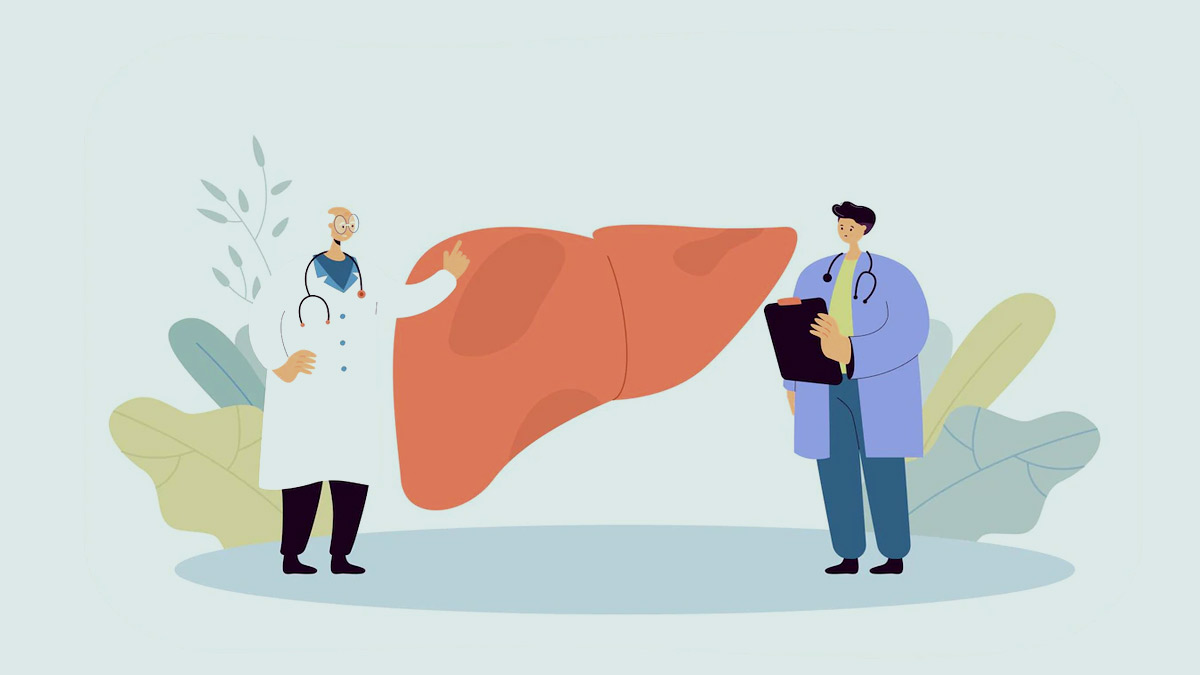
In a recent revelation, a study published in Nature has found that approximately 84% of India’s IT professionals are grappling with Metabolic Dysfunction-Associated Fatty Liver Disease (MAFLD). The primary culprit? A sedentary lifestyle is dominated by long hours at the desk, high-stress levels, erratic sleep schedules, and poor dietary habits.
Table of Content:-
The high-pressure environment of the IT sector, which involves extended screen time, shift work, and irregular eating patterns, has made employees particularly vulnerable to lifestyle diseases. The study, conducted by researchers at Hyderabad University, highlights that 71% of IT employees are obese, while 34% exhibit metabolic syndrome – a combination of obesity, high blood pressure, and insulin resistance that significantly raises the risk of fatty liver disease and other metabolic disorders.
Compounding the issue is a diet rich in ultra-processed foods, sugar-laden beverages, and a lack of essential physical activity. The combination of these factors has turned MAFLD into a growing epidemic within the sector.

Understanding MAFLD and Its Impact
Metabolic Dysfunction-Associated Fatty Liver Disease occurs when excess fat accumulates in the liver, leading to inflammation and potentially progressing to more severe conditions such as liver fibrosis, cirrhosis, and even liver cancer. Left unchecked, MAFLD is also linked to an increased risk of type 2 diabetes and cardiovascular diseases.
Also Read: Do You Rush To The Bathroom After Getting Home? The Condition You Didn’t Know You Had
Breaking the Cycle: Tips to Counter Fatty Liver Disease
While the findings are concerning, adopting a few key lifestyle changes can help IT professionals mitigate the risks and reclaim their health. Here are some practical steps:

1. Prioritise Movement
- Take short breaks every hour to stretch or walk. Use reminders or apps to ensure regular movement.
- Incorporate standing desks or opt for walking meetings when possible.
- Engage in at least 30 minutes of moderate exercise daily, such as brisk walking, yoga, or strength training.
2. Optimise Nutrition
- Reduce intake of processed and high-calorie foods, opting instead for whole foods rich in fiber, lean proteins, and healthy fats.
- Cut down on sugar-sweetened beverages and alcohol, which contribute significantly to liver fat accumulation.
- Stay hydrated by drinking plenty of water throughout the day.
Also Read: How Kannada Actor Shiva Rajkumar Worked Through Chemotherapy for a Film After Completing Sessions?
3. Manage Stress Effectively
- Practice mindfulness, meditation, or deep breathing exercises to alleviate work-related stress.
- Ensure a healthy work-life balance by setting boundaries and taking breaks from screens.
4. Improve Sleep Quality
- Maintain a consistent sleep schedule, aiming for seven to nine hours of quality sleep per night.
- Avoid blue light exposure from screens at least an hour before bedtime.
5. Get Regular Health Check-ups
- Monitor liver health through regular medical check-ups, including liver function tests and metabolic screenings.
- Consult a healthcare professional if experiencing fatigue, unexplained weight gain, or digestive issues.
Bottomline
With technology becoming an integral part of modern work culture, the IT industry must recognise the urgent need for healthier work environments. Employers can play a crucial role by promoting wellness initiatives, such as offering ergonomic workspaces, encouraging physical activity, and facilitating access to nutritious meals.
Also watch this video
How we keep this article up to date:
We work with experts and keep a close eye on the latest in health and wellness. Whenever there is a new research or helpful information, we update our articles with accurate and useful advice.
Current Version